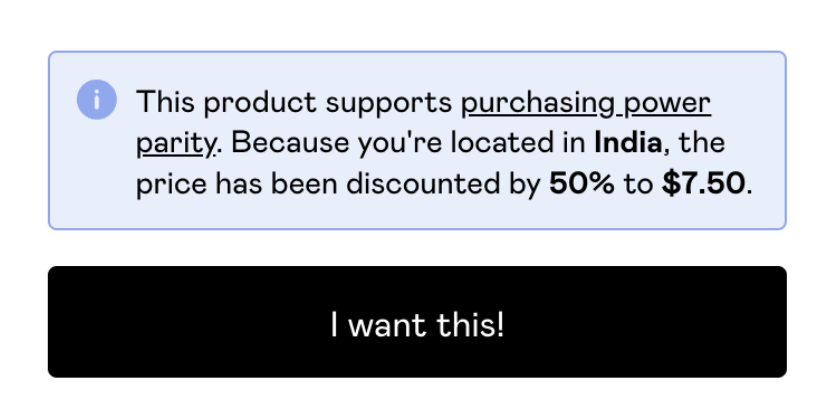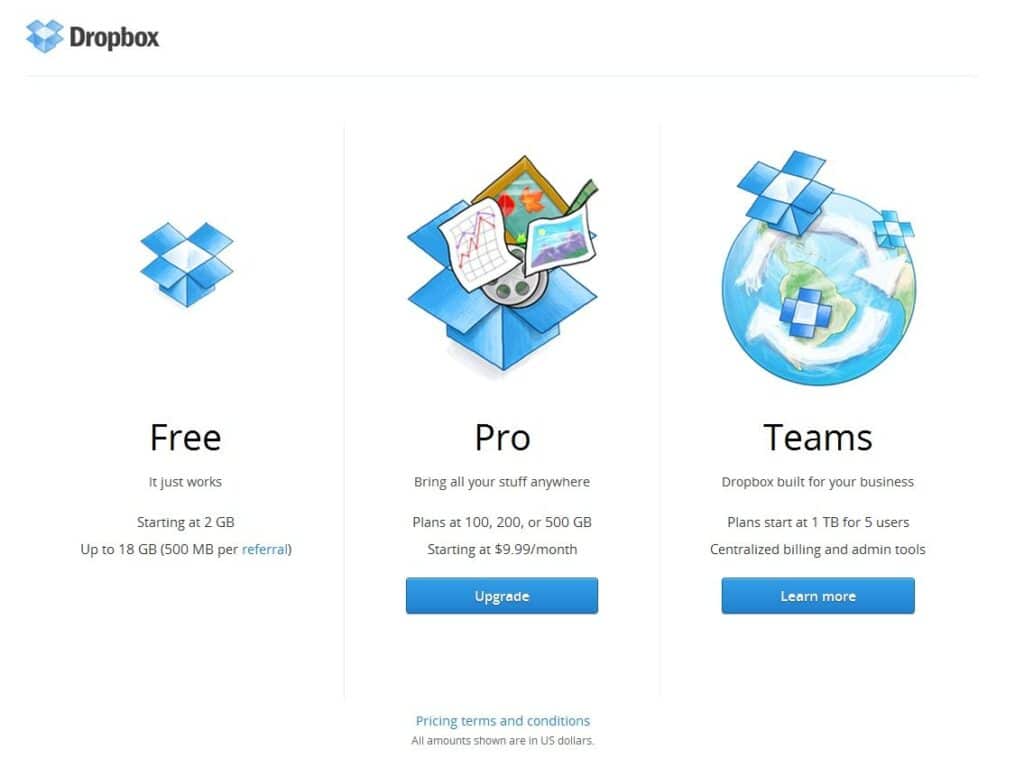It’s no secret that folks from developing countries earn criminally less than their developed counterparts. Most people in Jamaica, for example, earn about $600 USD ($90,000 JMD) per month, compared to the estimated $2,800 USD earned by most Americans.
Even if we do manage to get online and start to earn some foreign income, the tools, software and courses needed to level up our skills are still far out of reach.
A $20/month software or $500 online course might be a drop in the bucket for most American and Eastern Europeans who dominate the digital space. But for a fledgling freelancer or entrepreneur from a third world country, $20 could buy dinner for a week, and $500 is almost their entire paycheck.
You might argue that a lot of the functionality and knowledge provided are available for free elsewhere. But that ignores one simple fact: having access to these tools go far beyond the basic functionality and knowledge.
You won’t get the higher paying jobs without having access to certain software, you won’t have access to the communities and opportunities provided in paid courses. You can’t access any income you make online without paying for certain tools.
Simply put, if the developing world is supposed to truly compete on the “level playing field” that the Internet is supposed to be, we’re going to need help from the creators of these tools to do so.
If you are such a creator, here are a few ways you can help:
Parity Pricing – Selling your product for different prices in different geographical markets. Wes Bos does this brilliantly with his online courses.

Scholarships – Offer scholarships to those who demonstrate a need. This can be presented as a form on your course pricing page to target only those truly interested in the course.
Freemium Model – For software-as-a-service tools, a robust freemium model for individuals allows users to get comfortable with your tool and transition to a paid plan when they’re able to do so. Tools such as Dropbox, Notion and Canva do this really well.

Partnerships – If you are able to, partner with a community organization in developing countries that can offer special discounts for your tool to their members.
Loyalty Gifts – Have a dedicated, loyal audience member or two who are active in your community and share your work regularly, but can’t afford your more expensive programs? You can gift it to them.
Torrents – This one is a bit controversial, but it’s been said that folks who torrent stuff are not likely to pay for it anyway. And more importantly, torrents are probably one of the top ways people from developing countries get access to books, courses and other educational resources and tools they wouldn’t be able to afford otherwise. So if you are a creator and torrents aren’t having a significant impact on your bottomline, it doesn’t hurt to leave them up.
As a creator, you absolutely deserve to get paid for your work – and this post isn’t suggesting anything to the contrary. I simply ask – if you are able to – that you take those at a disadvantage into consideration when pricing your products.
After all, a lack of money shouldn’t be the reason we are held back from yet another global revotion.
PS. A special thank you to the folks who’ve also offered me discounts and complimentary access to your products. I won’t mention them by name for privacy reasons, but I couldn’t do what I do today without them – and I am grateful.